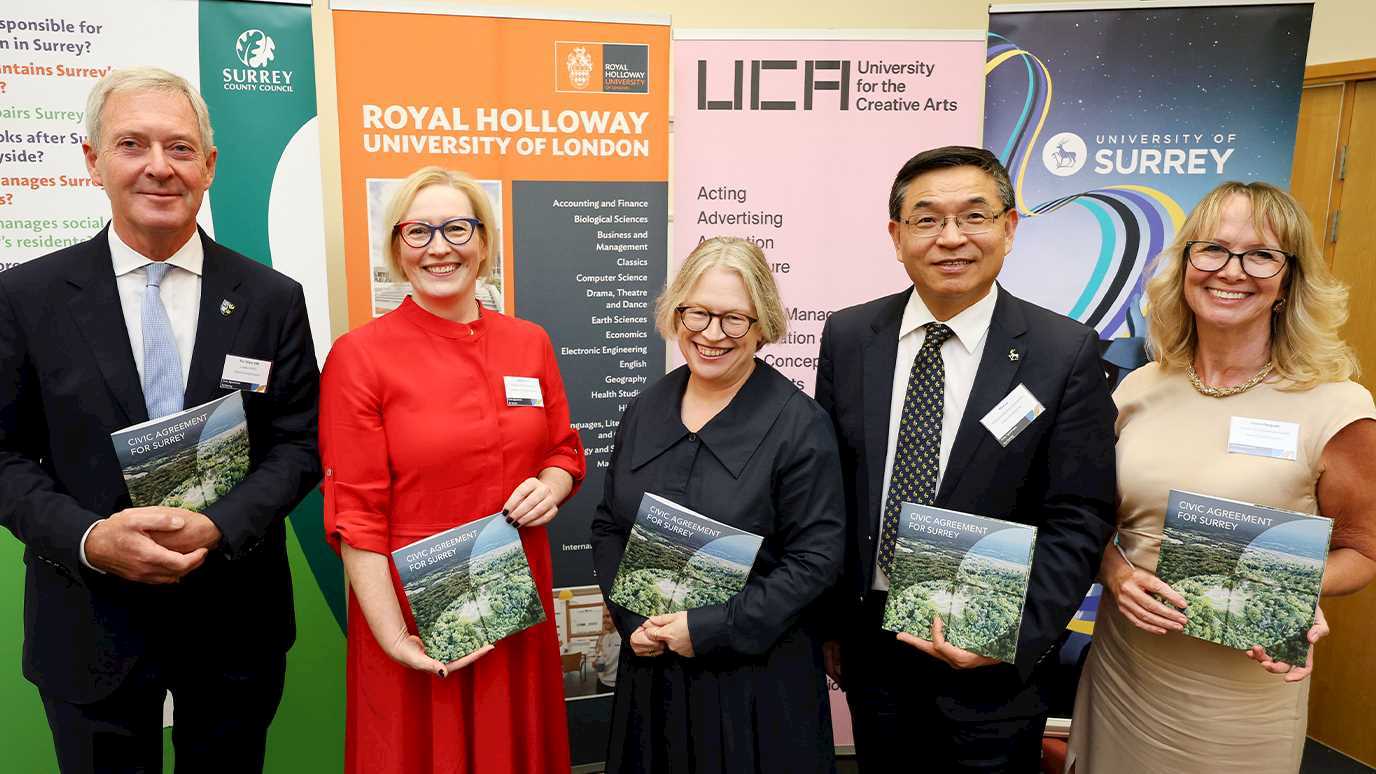A policy brief led by academics at Royal Holloway is calling for governments across the world to rethink their wildfire policies, following the increase in severe wildfires over the last decade that has led to rising costs and damage to lives, property and natural resources.

There has been an increase in catastrophic wildfires around the world over the last few years alone, such as in Portugal (2017), Greece (2018), Brazil (2019) and most recently Australia (2019/2020).
The raised media attention worldwide during the devastating effects on natural resources in Australia highlighted to the world how shattering wildfires can be and how other catastrophic events have occurred in nearly all ecosystems, from the tropics to boreal ecosystems; making wildfires a ‘Global Issue’.
All these severe fires have important consequences on people’s livelihoods, human health, climate change and ecosystem services, including forest products, biodiversity, water, soil and air quality.
The vast majority of these fires are mostly due to exceptionally warmer temperatures and anthropogenic causes, such as human set-ignitions, deforestation and creating new land for agriculture.
The rising economic and social costs of fire, particularly in the transition between unoccupied land and urban areas, makes it a priority issue for ecosystem managers and policy makers around the world.
Royal Holloway’s report, ‘Diverse knowledge informing fire policy and biodiversity conservation’ recommends four steps to improve fire management practices:
- Collect and integrate diverse knowledge - Use long-term ecological data to assess present fires in the context of the region’s historical fire variability. For example, assess whether wildfires are outside of an ‘historical norm’ compared to past conditions. Gather information on the social and ecological benefits of traditional fire management. Use systematic evaluation of long-term ecological data and traditional knowledge to take into account all the available evidence.
- Set fire management plans based on the diverse knowledge - Set benchmarks for fire regimes, in terms of frequency and intensity that maximise biodiversity and reduce fire risks. Based on the information from long-term fire records, consider controlled burning in areas where fire has been artificially excluded, and monitor the outcomes. Prioritise traditional burning practices that focus on targeted species to preserve traditional food sources and other ethnobotanical resources.
- Involve local communities in decision-making - Raise public understanding for fire by communicating potential risks and educating the public that fire is a natural component in many ecosystems. Promote the inclusion of traditional knowledge approaches that are collaborative, community-focused, and contribute to the continuation of cultural traditions, intergenerational knowledge transfer, and practical know-how. Finally, encourage the participation of different stakeholders and local communities in a process of intercultural exchange.
- Promote cultural and natural diversity - Maintain mosaic landscapes that prevent catastrophic fires and preserve both natural and cultural heritage values. Replacing monocultures with traditional practices (e.g. swidden agriculture, pastoralism) may increase ecosystem diversity and resilience while also achieving increased carbon sequestration targets.
Dr Daniele Colombaroli, from the Department of Geography at Royal Holloway, University of London, said: “If we can make good use of available knowledge, such as ecological history of ecosystems and the traditional use of fire by people, fire management practices will be more effective.
“With that in mind, we recommend that fire management and policy incorporate long-term ecological and traditional knowledge in their evidence base. This would be set against locally and regionally relevant benchmarks for fire regimes and identify targets related to biodiversity conservation and resilience in landscapes, acceptable to local communities.
“Therefore, we have long term ecology and then traditional knowledge as a key source of information.
“This is especially true of the knowledge from long-term ecology, which can provide baseline information on the variability of fire in ecosystems before modern land use practices, and show how fire responded to past climatic changes.
“Used together, the diverse knowledge from science and local communities can help fire management practices meet conservation targets, mitigate negative impacts of wildfires and engage in efforts of respectful reconciliation with Indigenous and Descendant groups.”
























